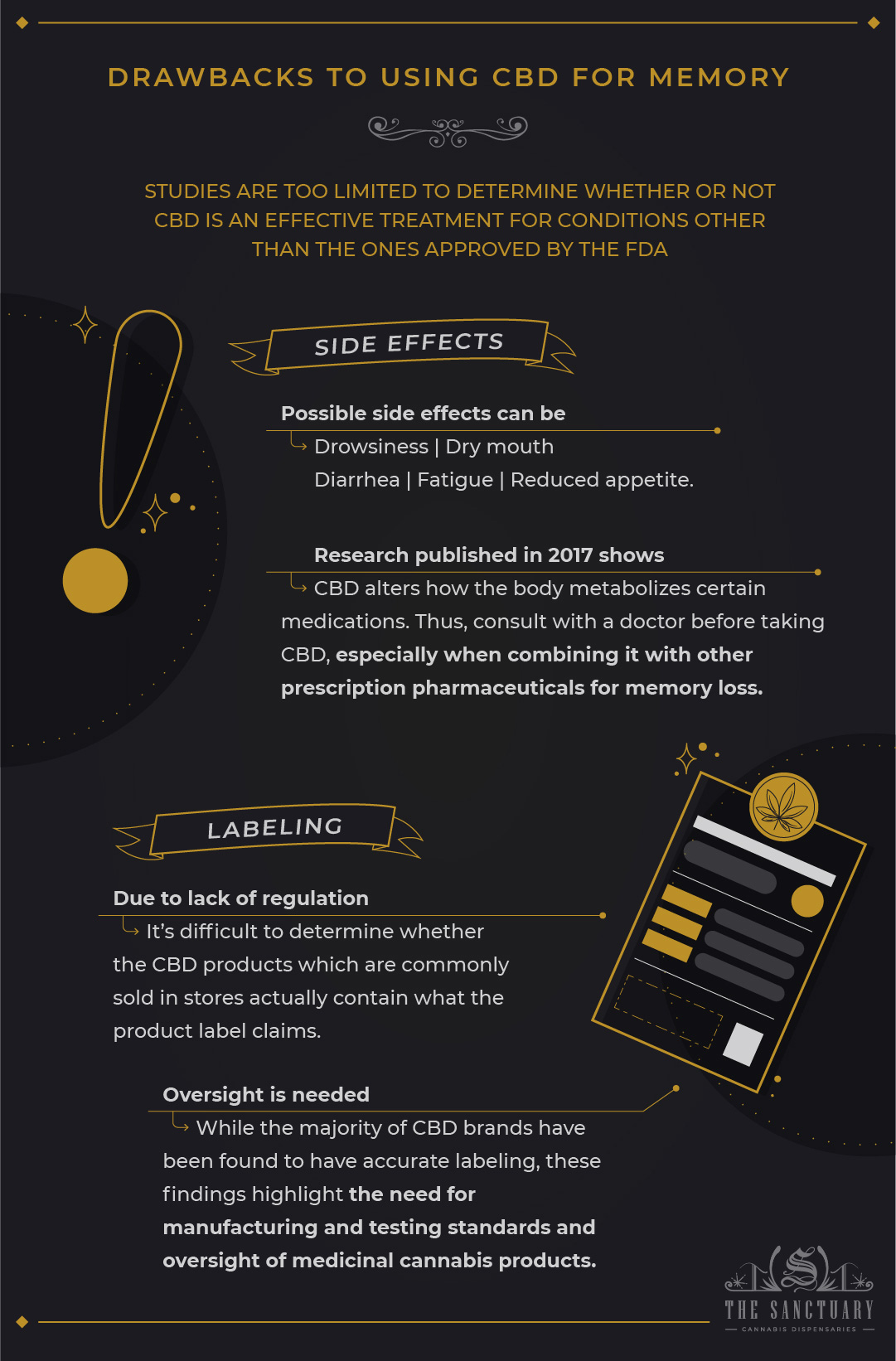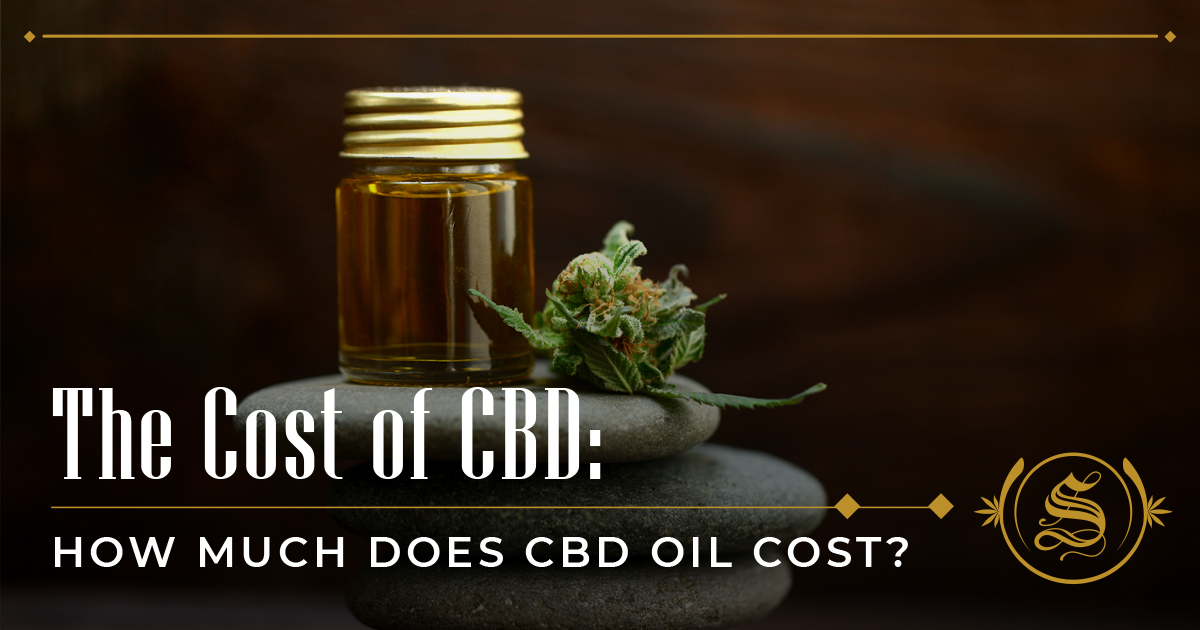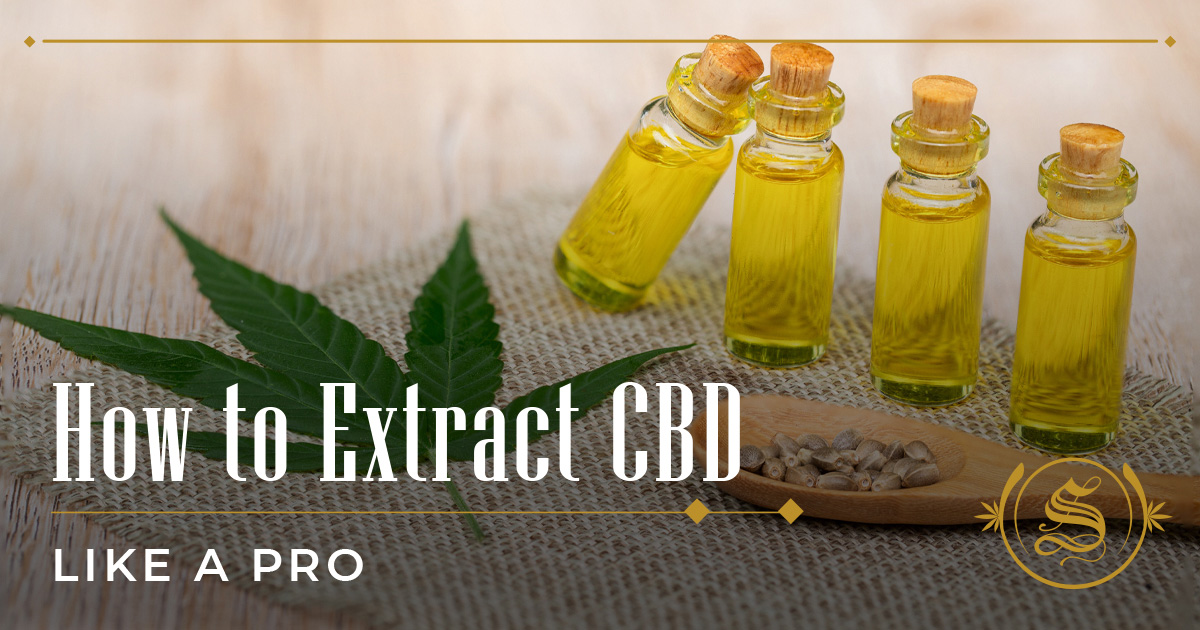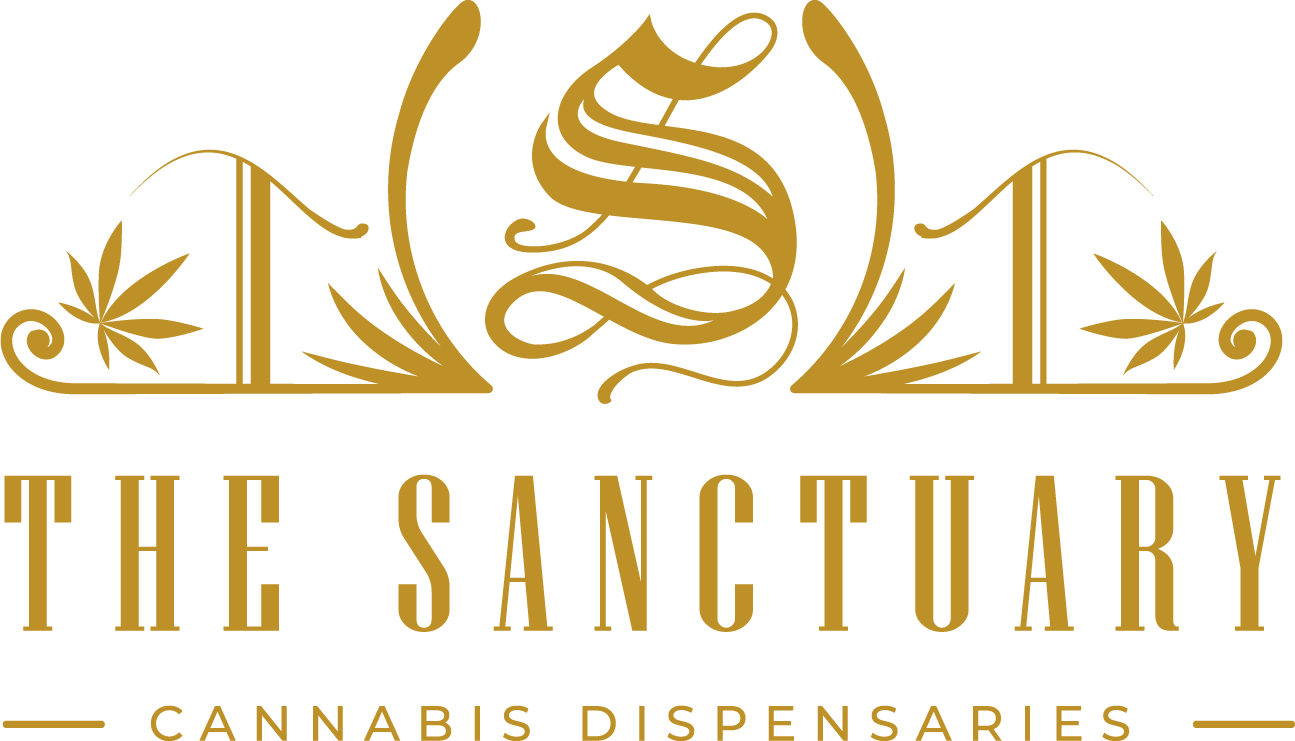Iftikhar Alam
Author
Reviewed by Cannabis Experts
Published on: July 13, 2021 | Updated on: July 28, 2024
CBD is fast gaining popularity as a therapy for a variety of ailments, with a surge in both scientific and consumer interest. Unfortunately, the ambiguity surrounding CBD’s legal status has prevented large-scale clinical research, which is critical in order to confidently state CBD’s usefulness in treating and even preventing illnesses.
CBD poses practically no health hazards, according to a recent World Health Organization study. CBD has no potential for addiction or harmful physiological reactions, and it has no detrimental impact on our memory.
Despite the fact that CBD appears to have no detrimental effects on human memory, it is nevertheless regarded with the same suspicion as THC. And, while it may appear that CBD has no effect on our memory, there is presently insufficient evidence to say yes or no.
What is CBD?
CBD (cannabidiol) is a chemical component derived from the hemp plant, which belongs to the cannabis family. CBD has no psychoactive characteristics, making it safe to use for a range of illnesses without the “high” feeling associated with THC.
Cannabinoids are naturally produced in our bodies, and they have two distinct receptors. The CB1 and CB2 receptors are their names. CBD does not directly bind to these receptors, but it does improve their function.
CB1 receptors are mostly present in the brain and are involved in thinking, memory, emotion, and other bodily processes. Inflammation and pain are known to be influenced by CB2 receptors present in the immune system. CBD works by blocking the transmission of impulses that tell us we’re in pain.
Why do people use CBD?
As more information about CBD becomes available, the general public is becoming more accepting of it. CBD is now widely recognized as an important component of treatment strategies for a variety of medical illnesses and other concerns, including:
- Acne
- Addiction
- Anxiety
- Cancer treatment and prevention
- Chronic pain
- Depression
- Epilepsy
- Hunger stimulation
- Inflammation
- Insomnia
- Multiple Sclerosis (MS)
- Nausea
- Oxidative stress
- Recovery from stroke and brain injuries
- Rheumatoid arthritis
- Weight management
Can CBD enhance memory?
Short-term memory impairment can occur as a result of cannabis usage. This, however, might be attributable to THC rather than CBD. Nonetheless, some research suggests that persistent low dosages of THC can improve cognitive performance. When it comes to utilizing CBD for memory loss, there is just not enough evidence to tell whether or not it works.
What we do know is that CBD has a distinct effect on cannabinoid receptors compared to THC, resulting in different reactions in the central nervous system (CNS). We also know that CBD has neuroprotective properties, which might make it useful in the treatment of degenerative memory diseases like Alzheimer’s and dementia.
CBD also stimulates neurogenesis, which is the growth and development of neurons, according to research published in Frontiers in Pharmacology. Cognitive function degradation is slowed by neurogenesis. Mice were inoculated with an Alzheimer’s disease-like state before getting CBD therapy in this investigation. CBD was helpful in correcting the mice’s cognitive impairments.
According to a different study, CBD therapy for 8 months can prevent the development of social recognition memory impairments. However, this research was conducted on mice in a laboratory context.
CBD and memories associated with substance use
Aside from the studies mentioned above, another study shows that CBD can help with addiction recovery by affecting memory. According to the study, CBD has a “disruptive effect on reconsolidation of contextual drug-related memories.” It also discusses CBD’s ability to “attenuate contextual memories” associated with drug addiction and so lower the likelihood of relapse.
In other words, it asserts that CBD can aid in the treatment of addiction by changing memories linked with drug use. This is because recovery from addiction is heavily reliant on memory.
Addicts link their drug usage to specific events. That event is stored in the user’s memory, and when the user is in specific conditions, the recollection triggers a desire to take drugs. According to the research, CBD intake may assist to reduce the drug-memory connection.
Meanwhile, the Society for the Study of Addiction published a study in 2016 that found significant links between CBD and memory in rats. Its results paved the way for a slew of new theories to emerge. “CBD may decrease the rewarding effects of misuse medications in animal models,” the researchers found.
CBD has also been demonstrated to impede reconsolidation and erase contextual fear memory in rats via indirect stimulation of the body’s CB1 receptors, according to the research.
As a result, the research suggests that CBD might be a helpful pharmacological adjunct to cue exposure therapy utilized as new therapies for decreasing contextual memories linked with drugs of abuse and therefore reducing the likelihood of drug relapse in some individuals.
Drawbacks to using CBD for memory

CBD has not been studied extensively enough to establish if it is a helpful therapy for diseases other than those listed by the US Food and Drug Administration (FDA). There are dangers associated with the use of CBD, as with the usage of any natural chemical component. Drowsiness, dry mouth, diarrhea, tiredness, and decreased appetite are all possible CBD side effects.
According to a 2017 study published in the Cannabis and Cannabinoid Research journal, CBD has been proven to affect how the body metabolizes certain medicines. As a result, get medical advice before using CBD, especially if you plan to combine it with other prescription medications for memory loss.
Due to a lack of regulation, determining whether CBD products actually contain what the product label claims can be challenging. Inadequate regulation and supervision have emerged from discrepancies between federal and state cannabis legislation, resulting in incorrect product labeling in some cases.
The components mentioned on the labels of cannabidiol products sold online are compared to the actual product contents discovered by laboratory analysis in this study. There was a broad variety of CBD concentrations among CBD products purchased online, which is consistent with the lack of an acceptable dosage. 26 percent of the items examined had less CBD than was stated, thereby negating any possible therapeutic effect.
Despite the fact that the majority of CBD companies have appropriate labeling, these findings underscore the necessity for manufacturing and testing standards as well as monitoring of medicinal cannabis products.
The content provided on this blog is for informational purposes only and does not constitute medical, legal, or professional advice. Cannabis use is subject to local laws and regulations, which vary widely by jurisdiction. Always consult with a healthcare professional before starting any new treatment or altering an existing treatment regimen. The authors and publishers of this blog are not responsible for any actions taken based on the information provided herein. Use cannabis responsibly and in accordance with applicable laws. This blog is intended for adults aged 21 and over. The Sanctuary Dispensaries D186, D187.








